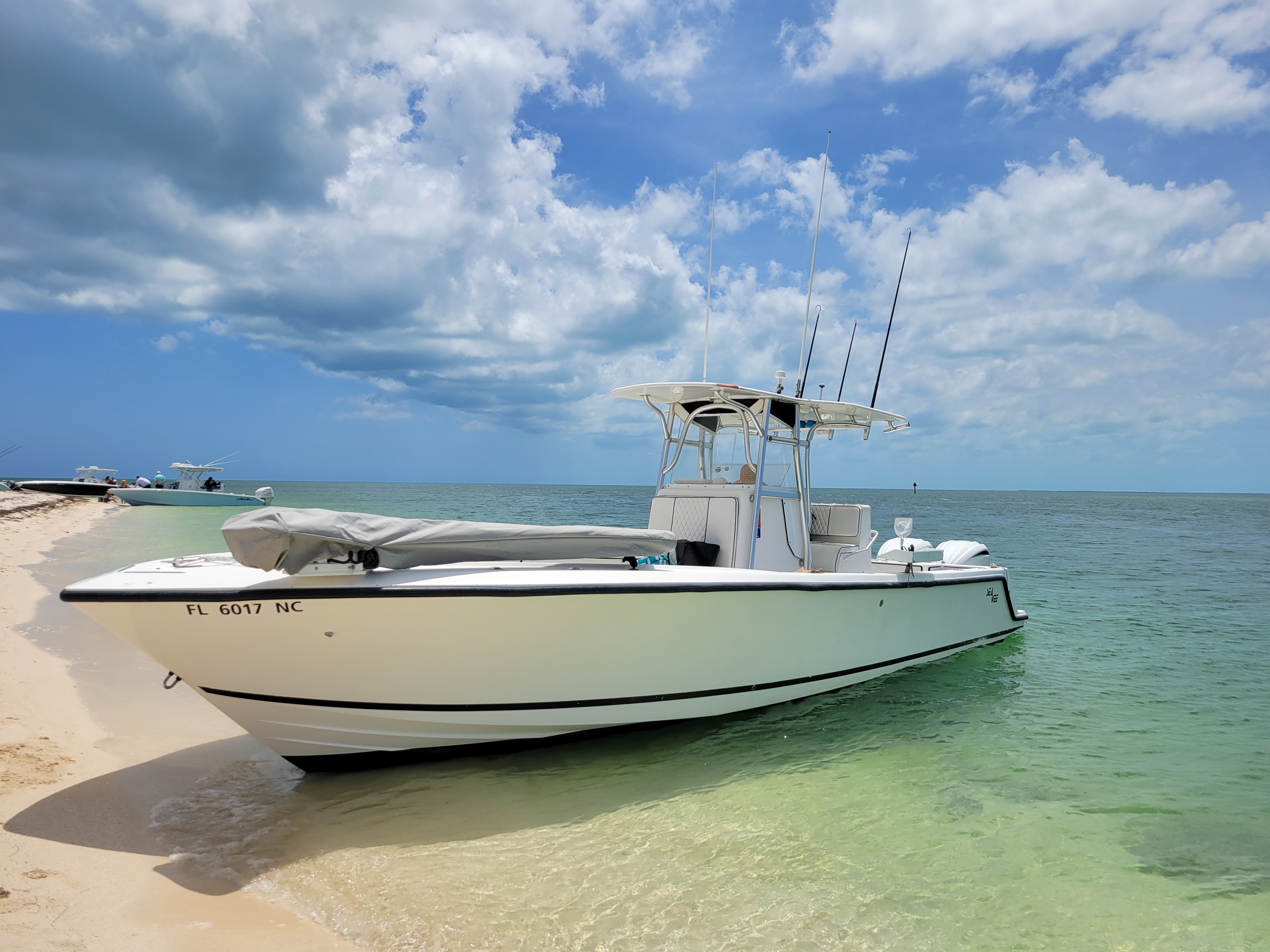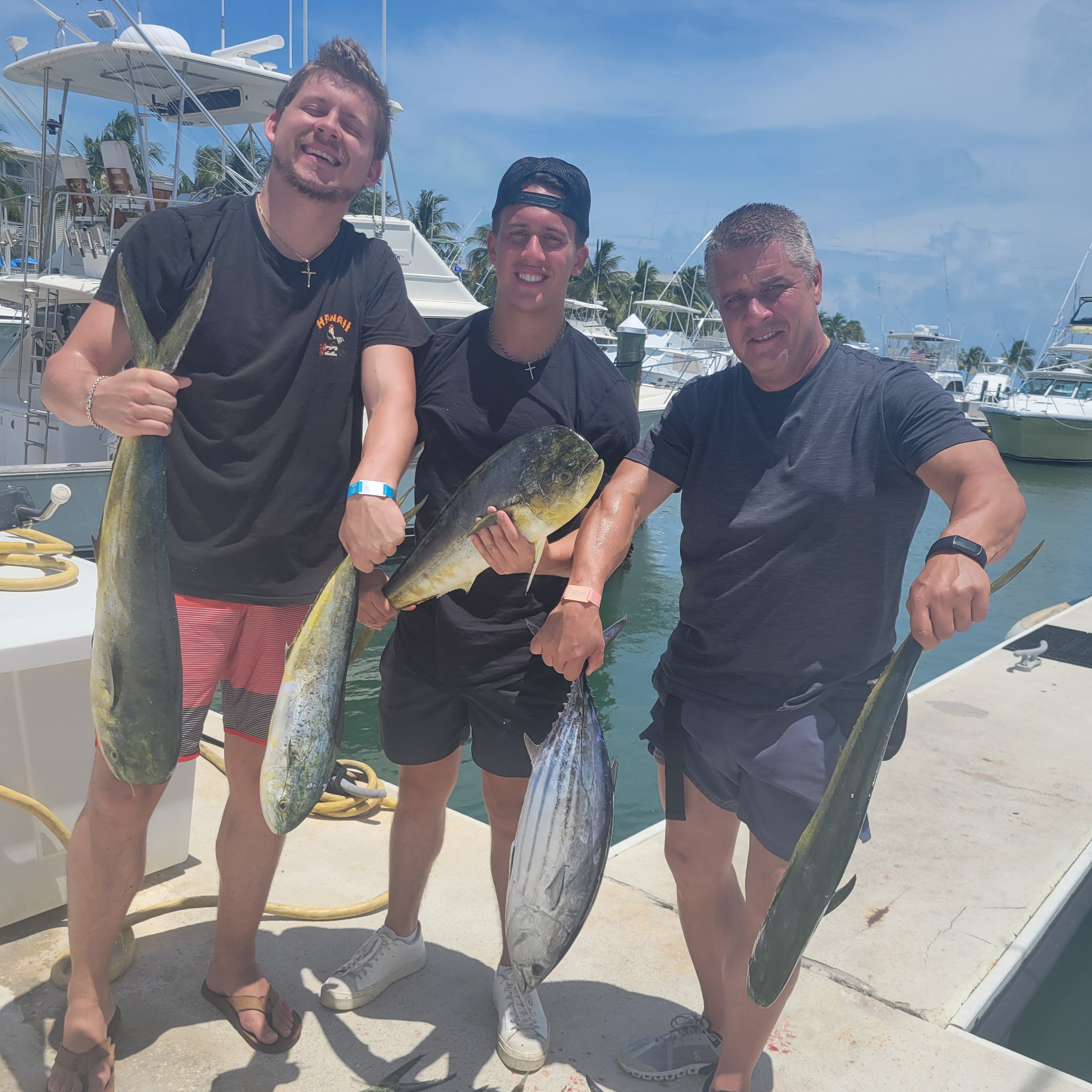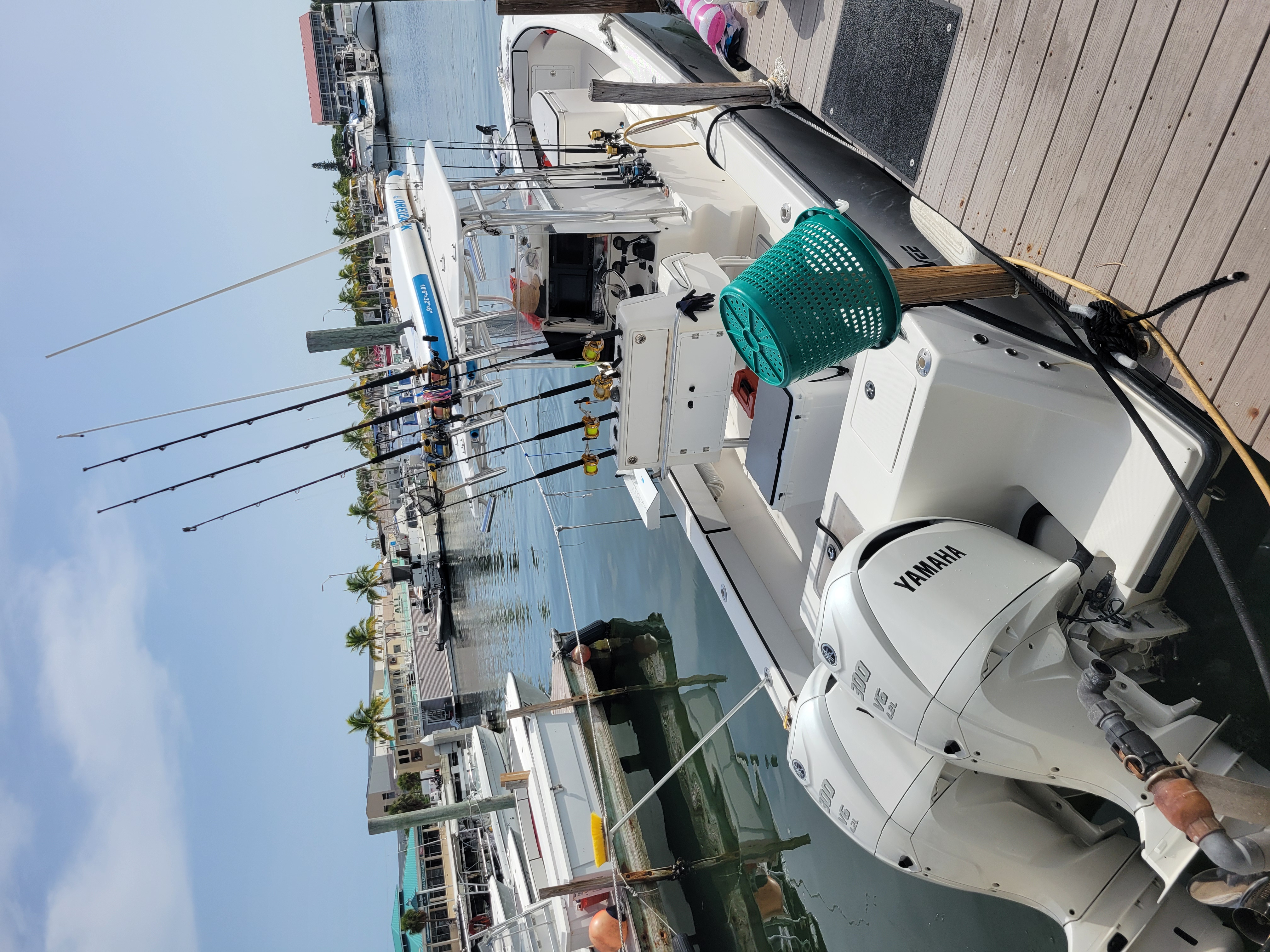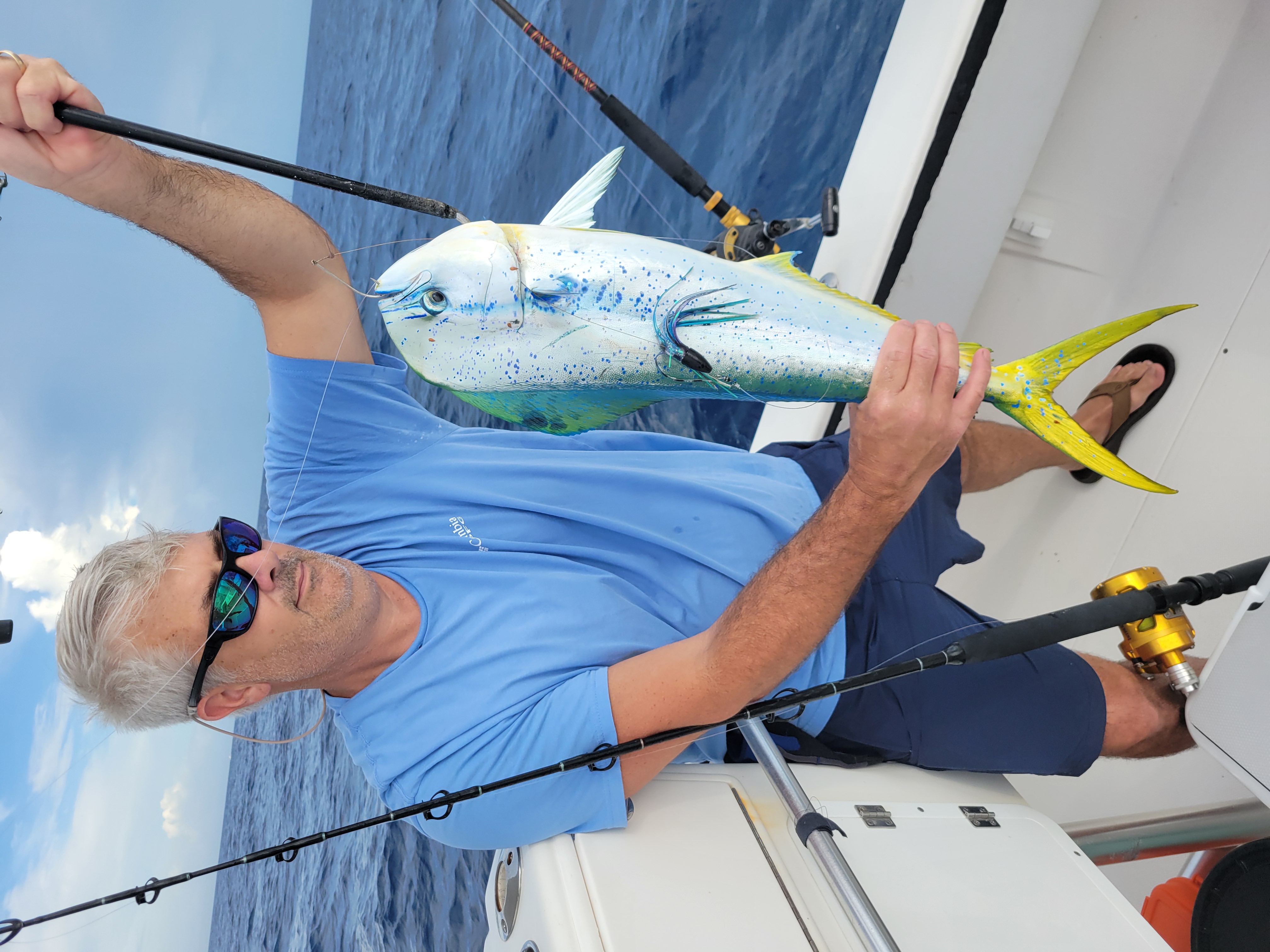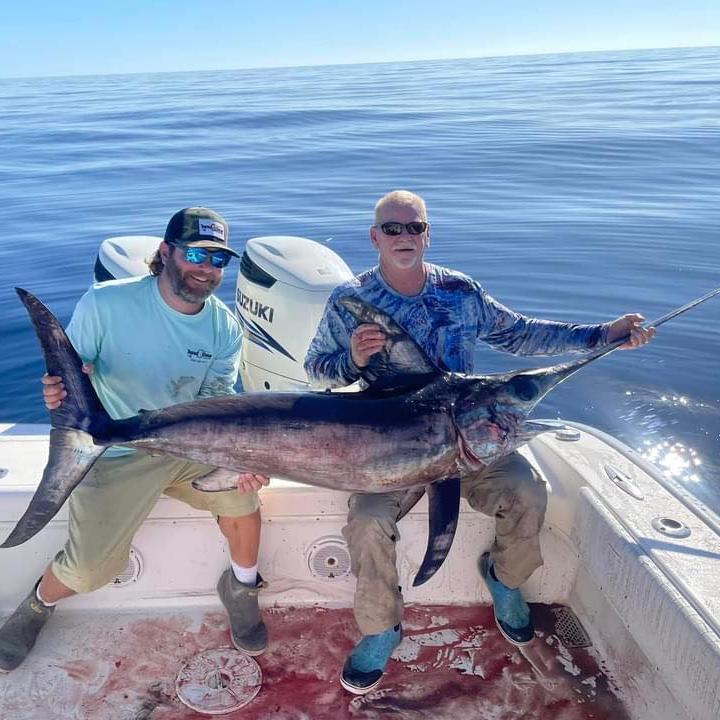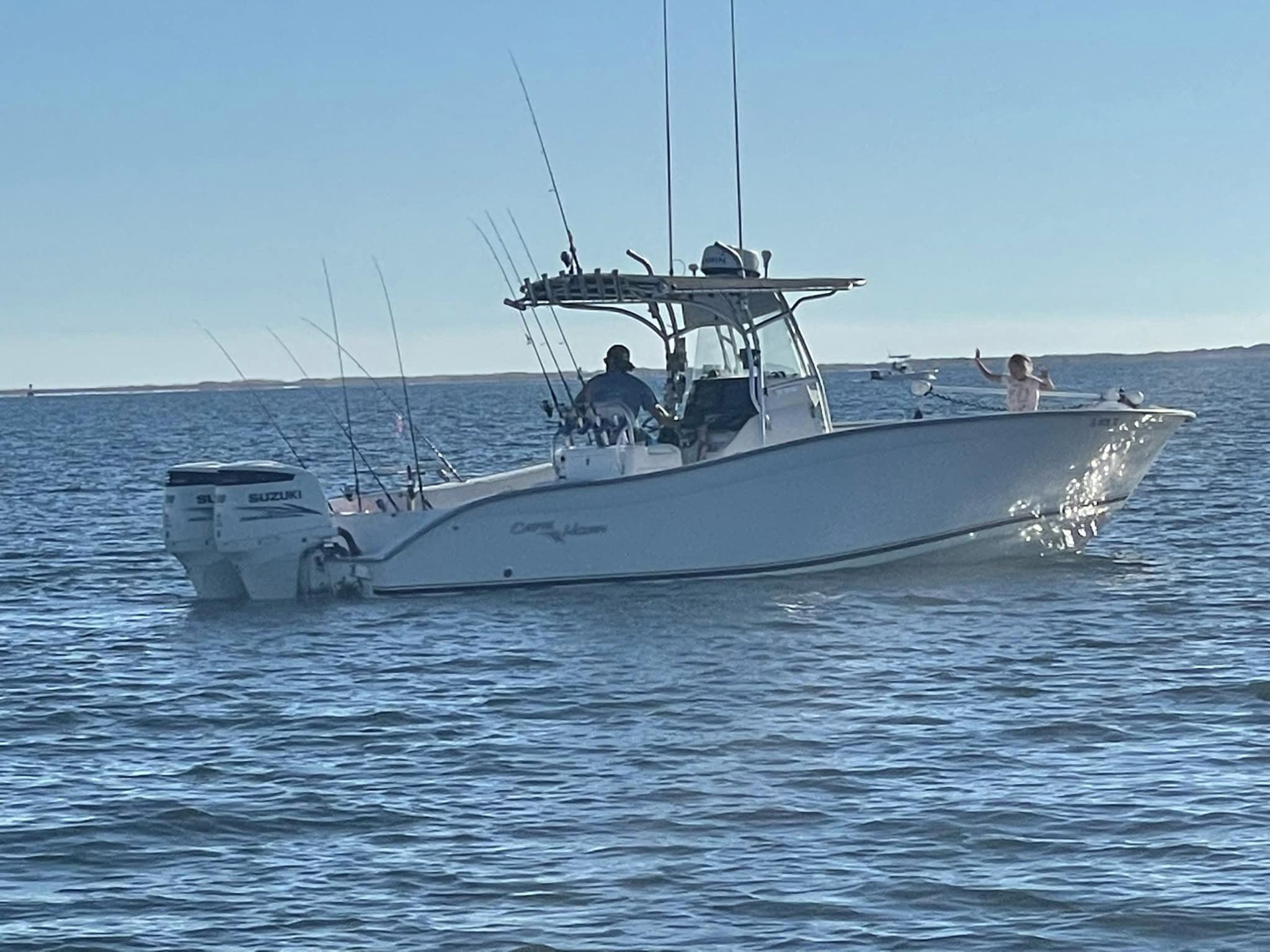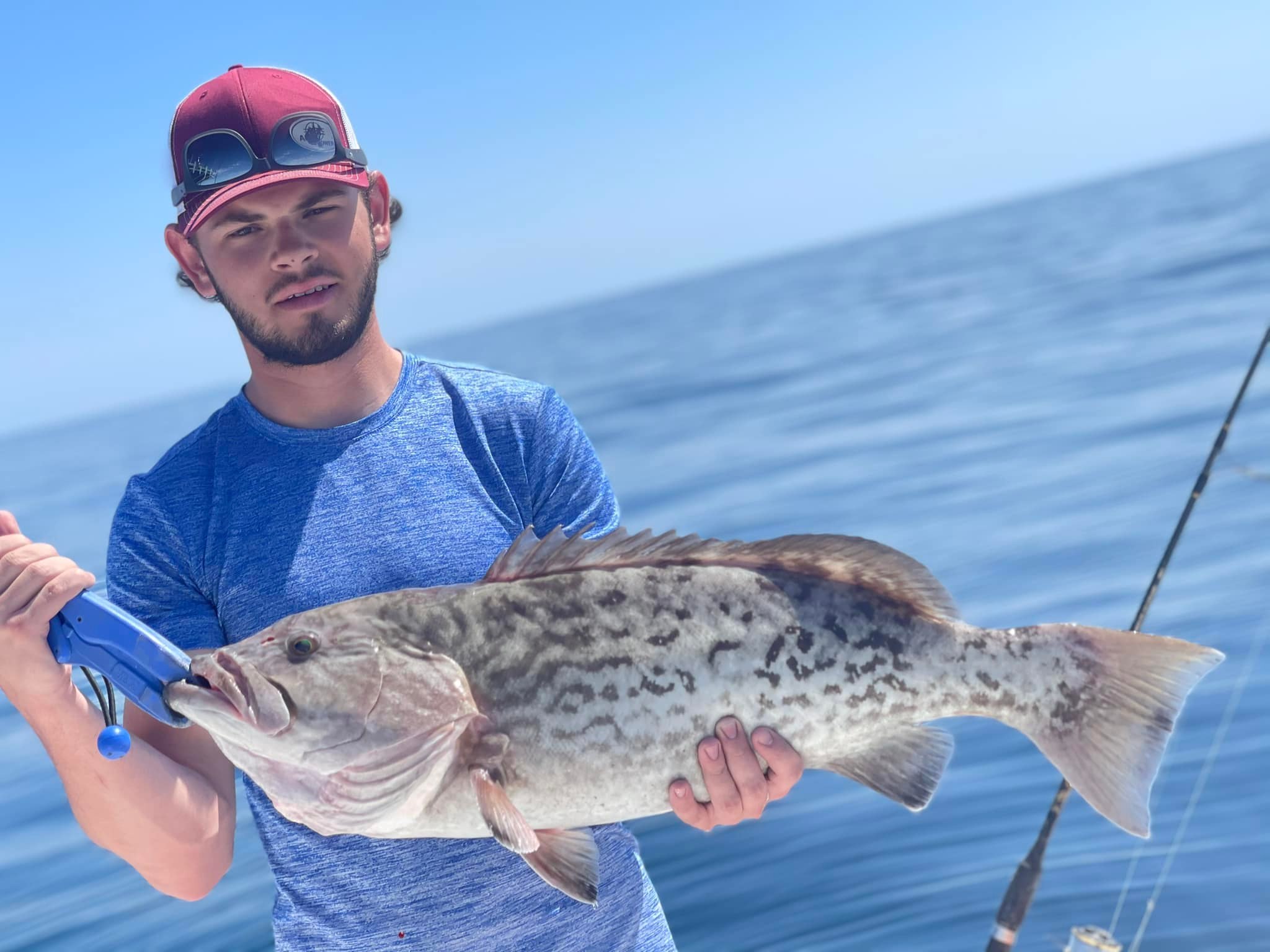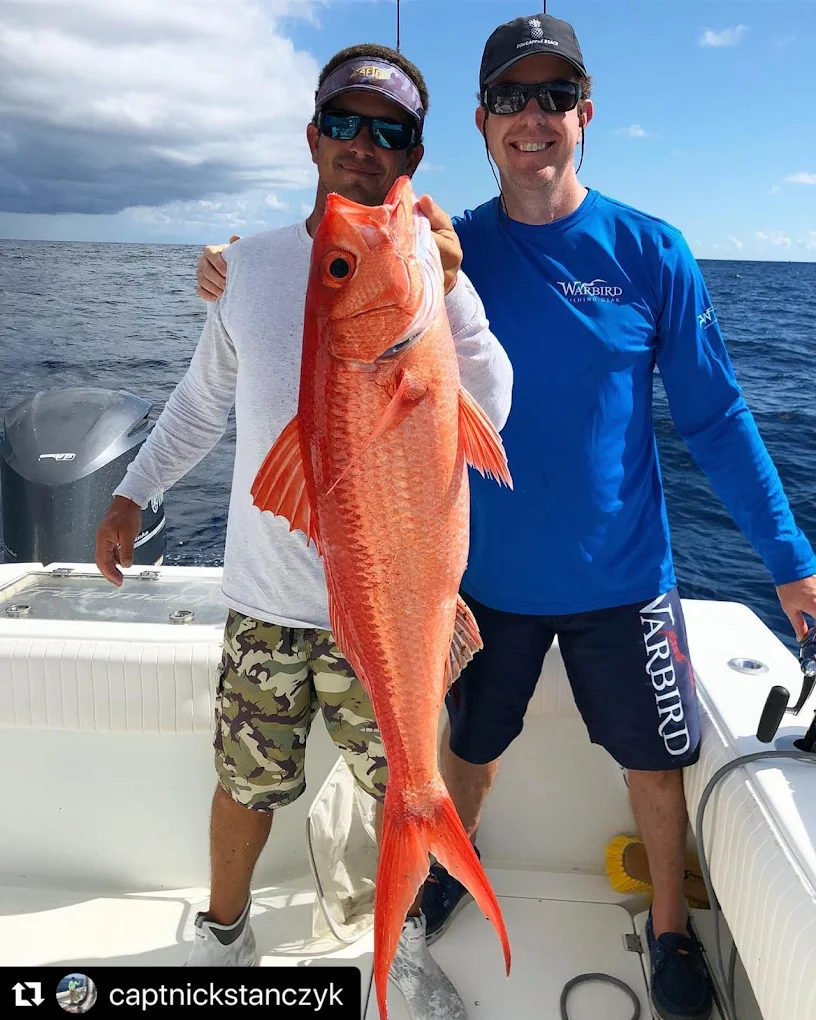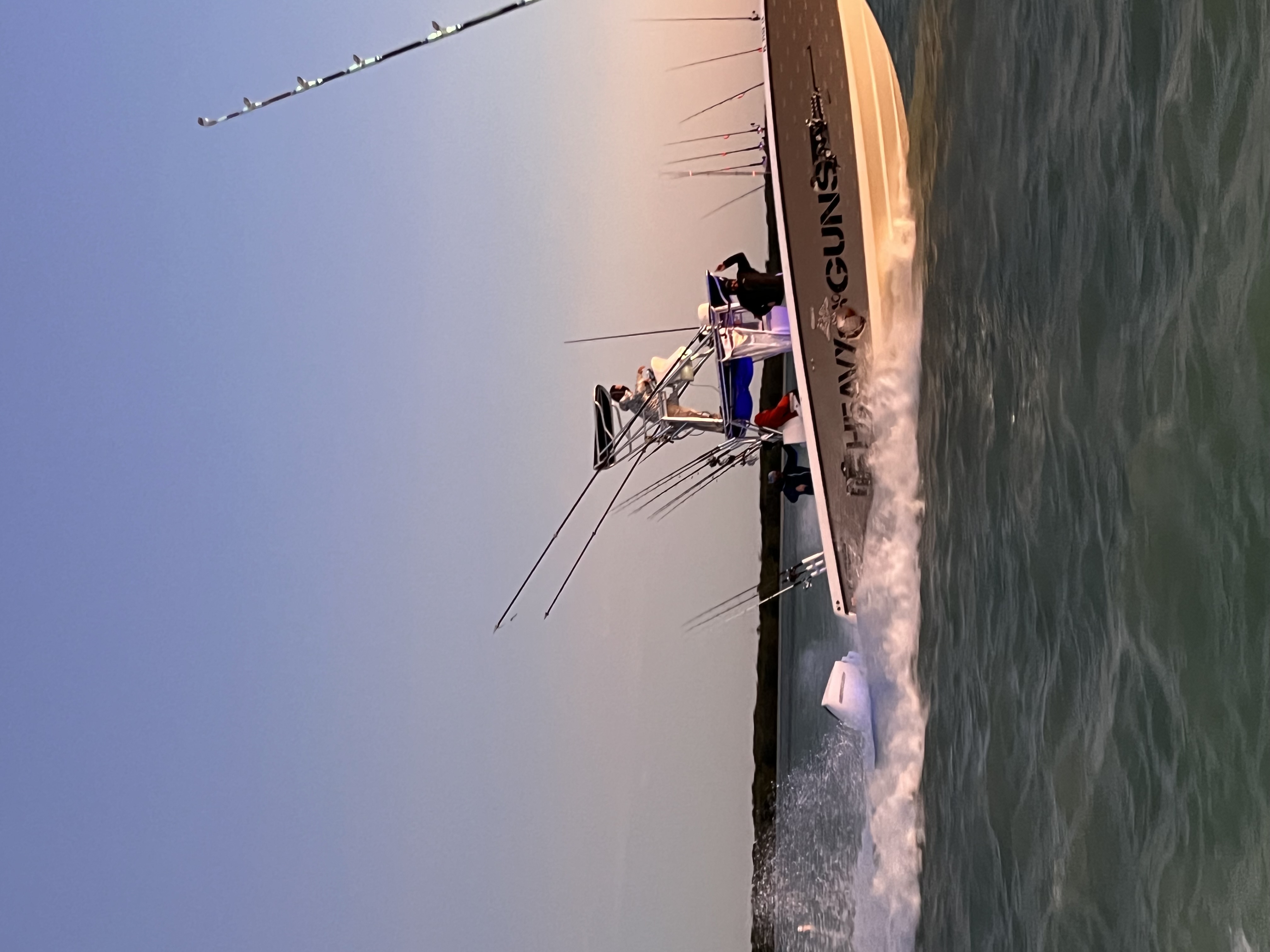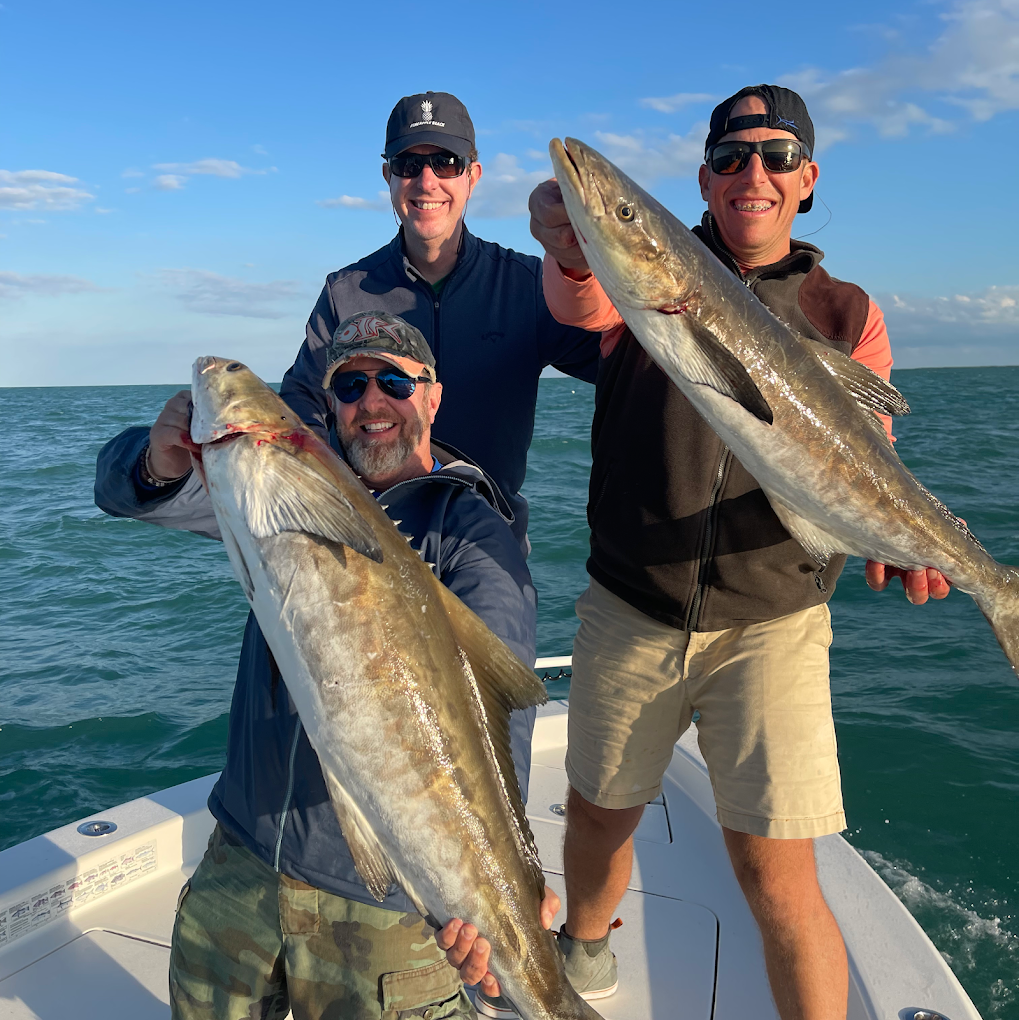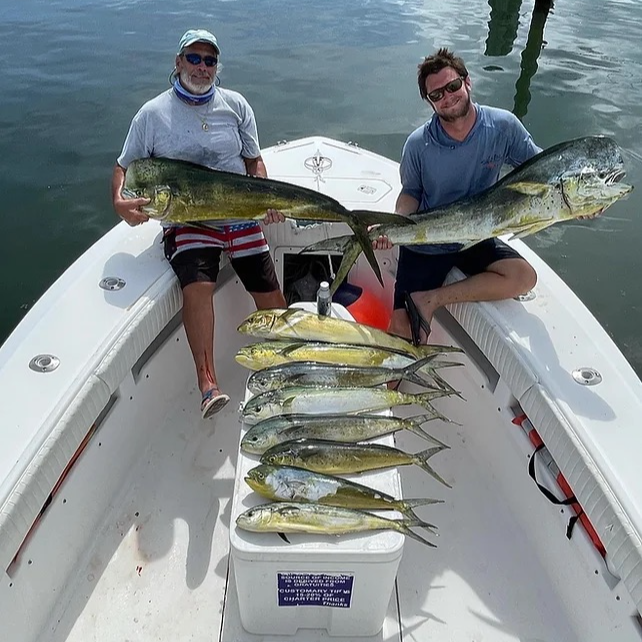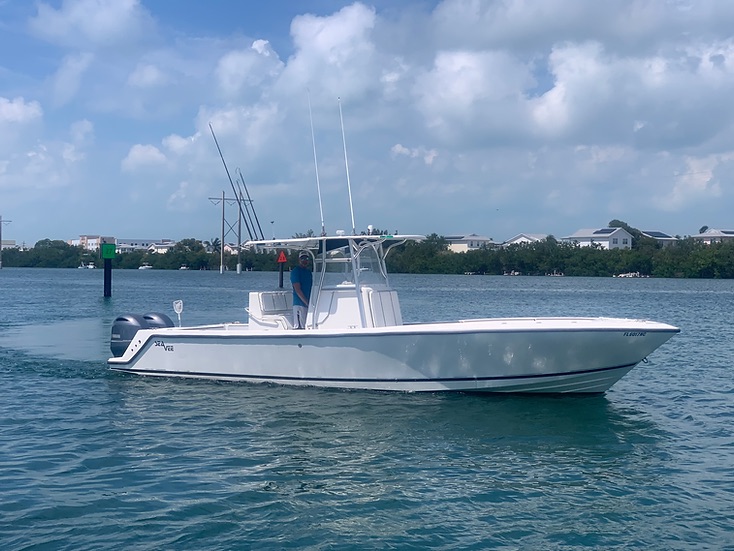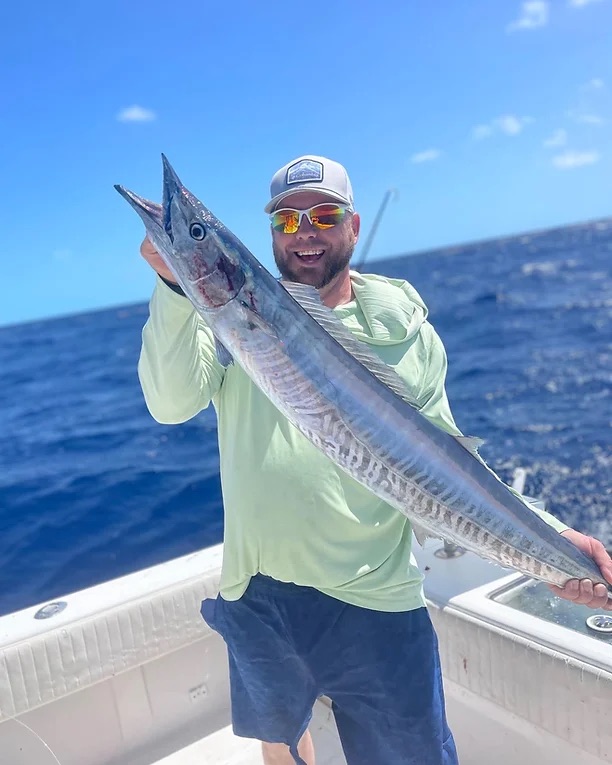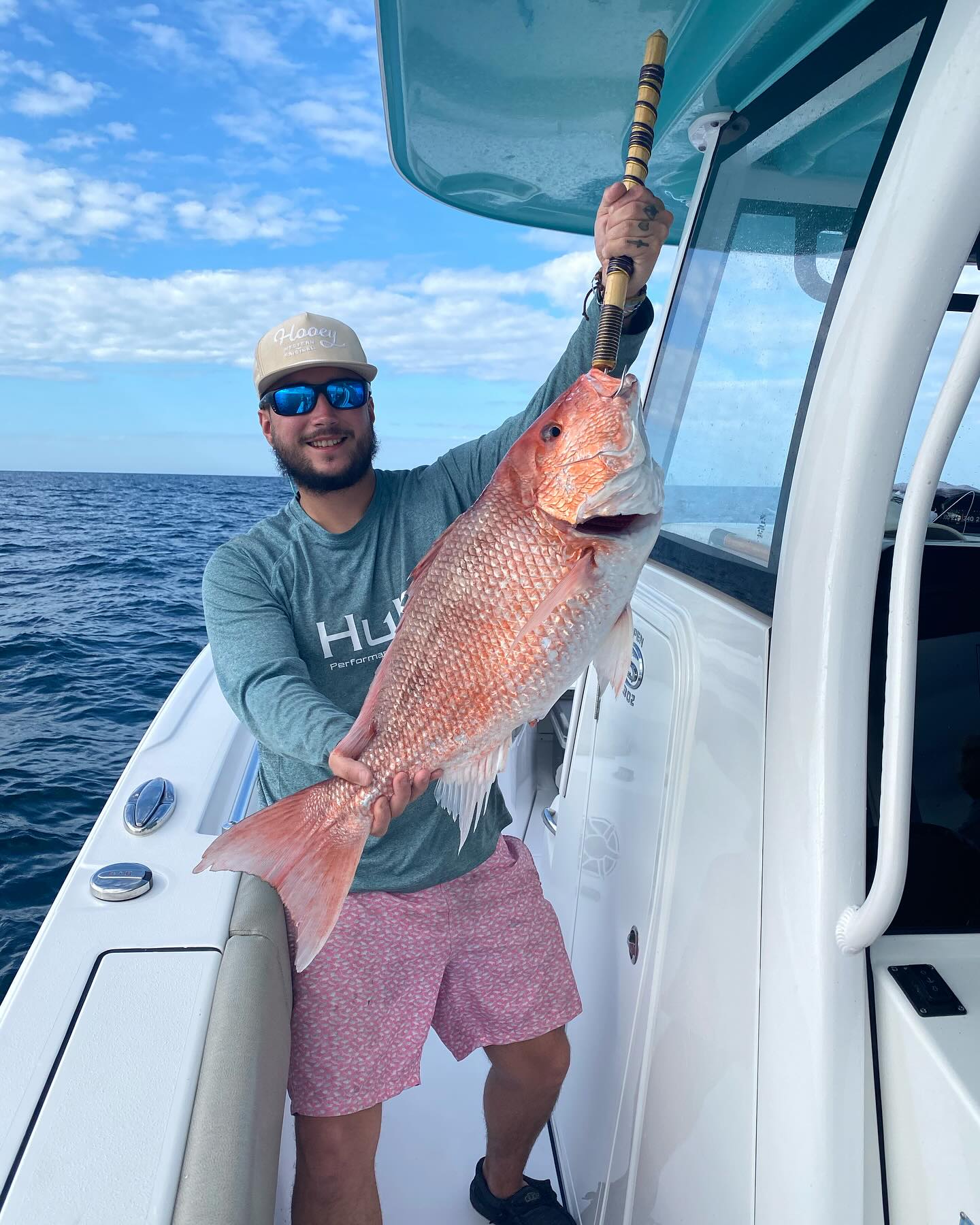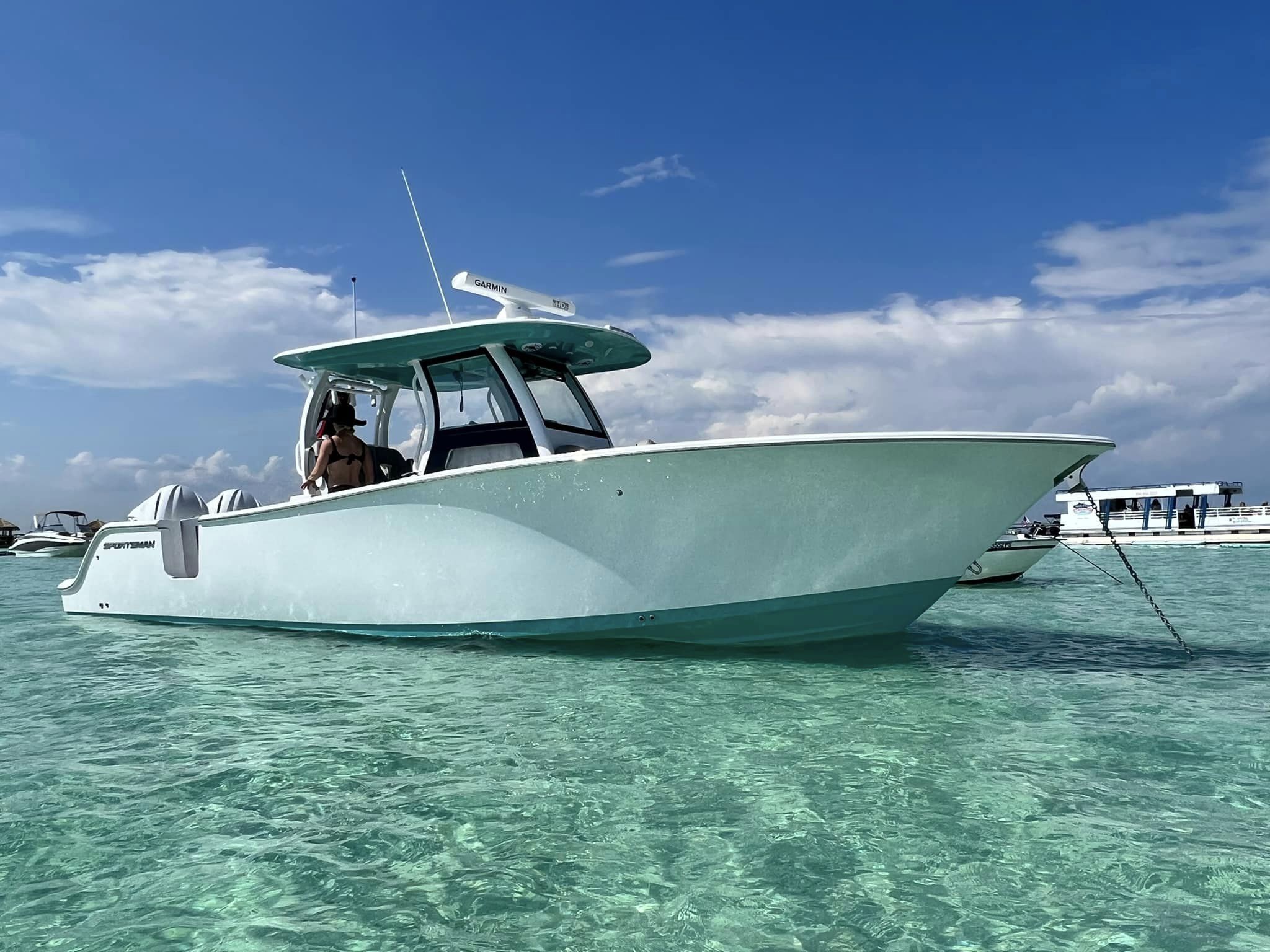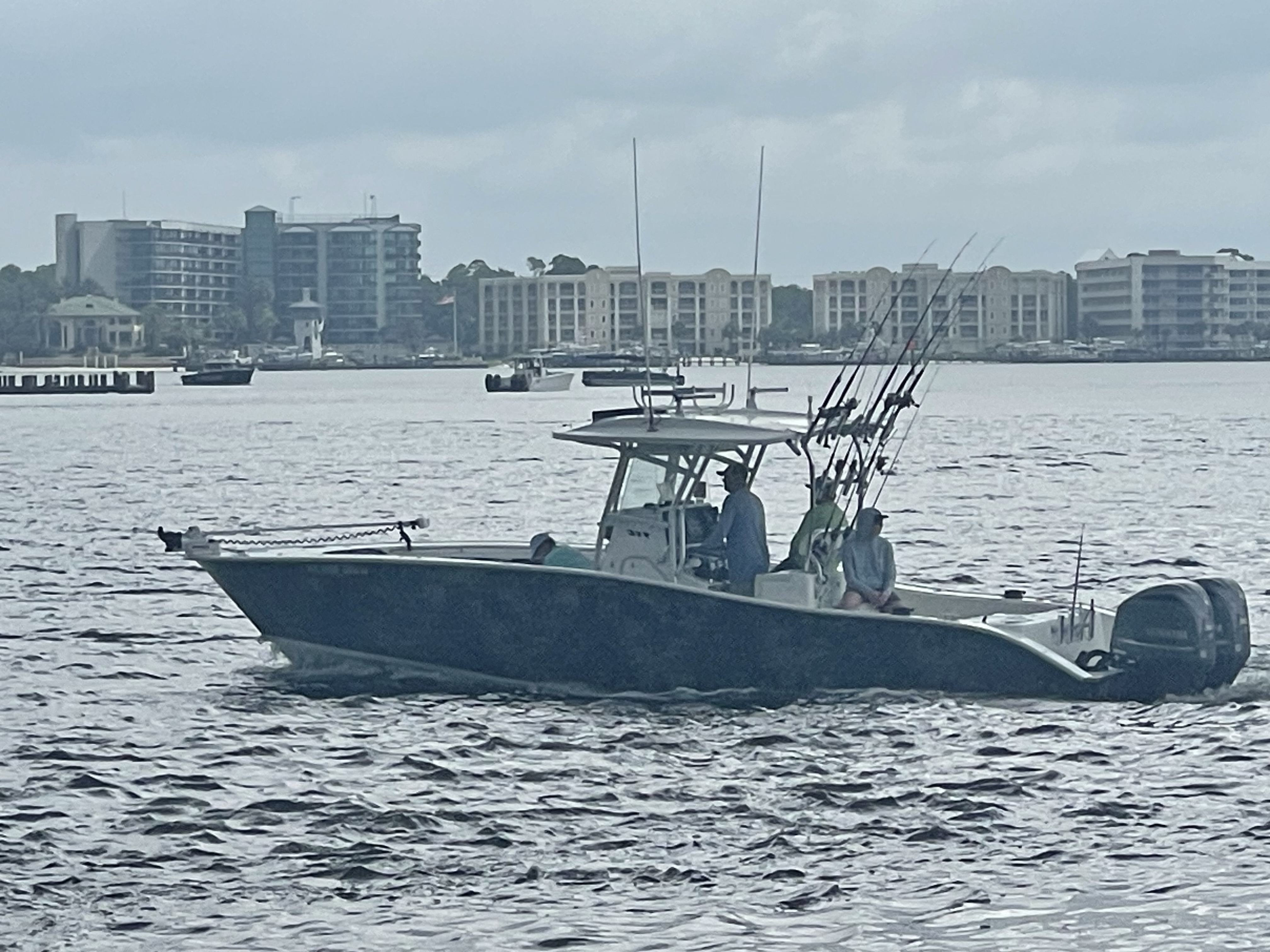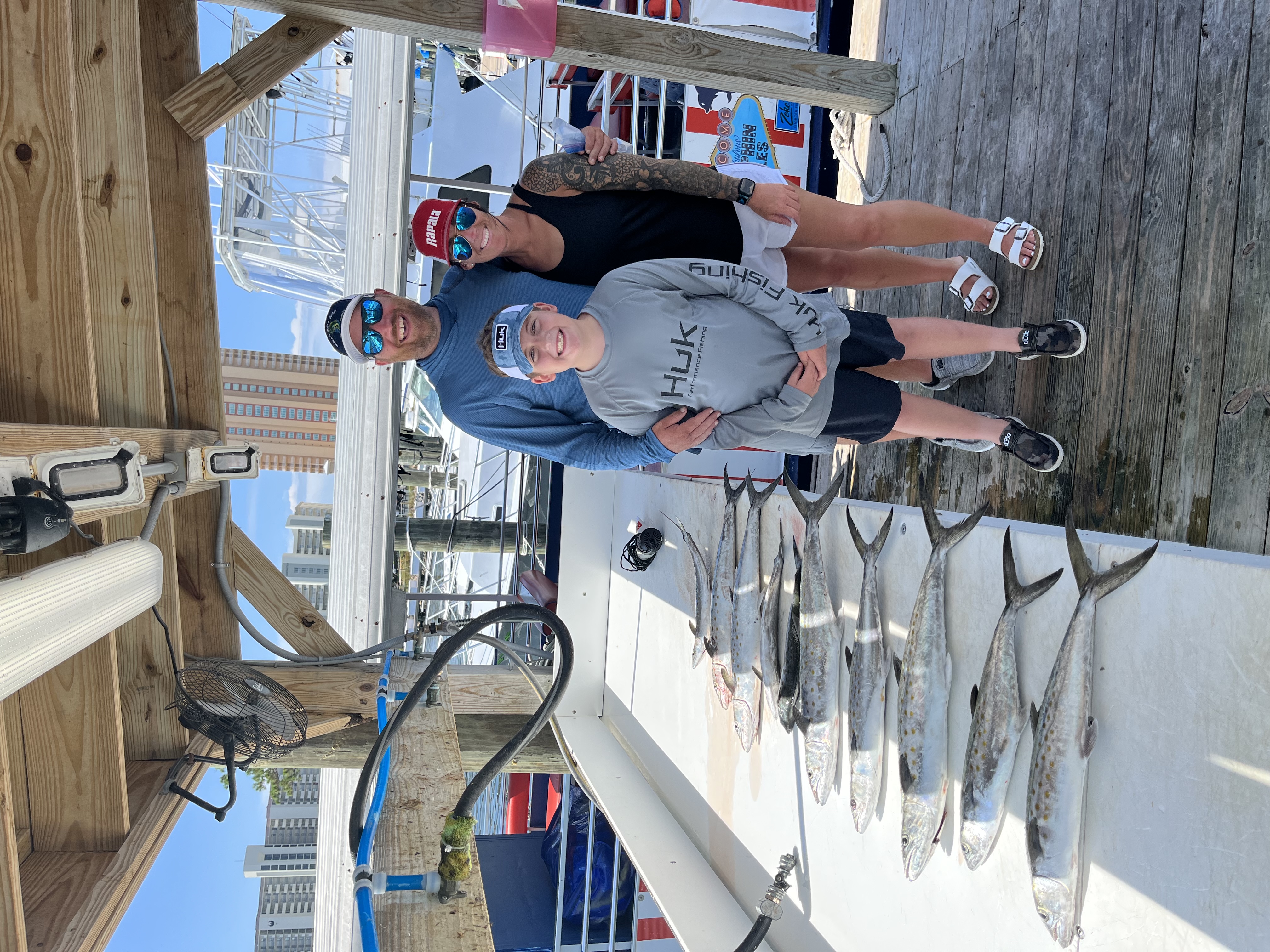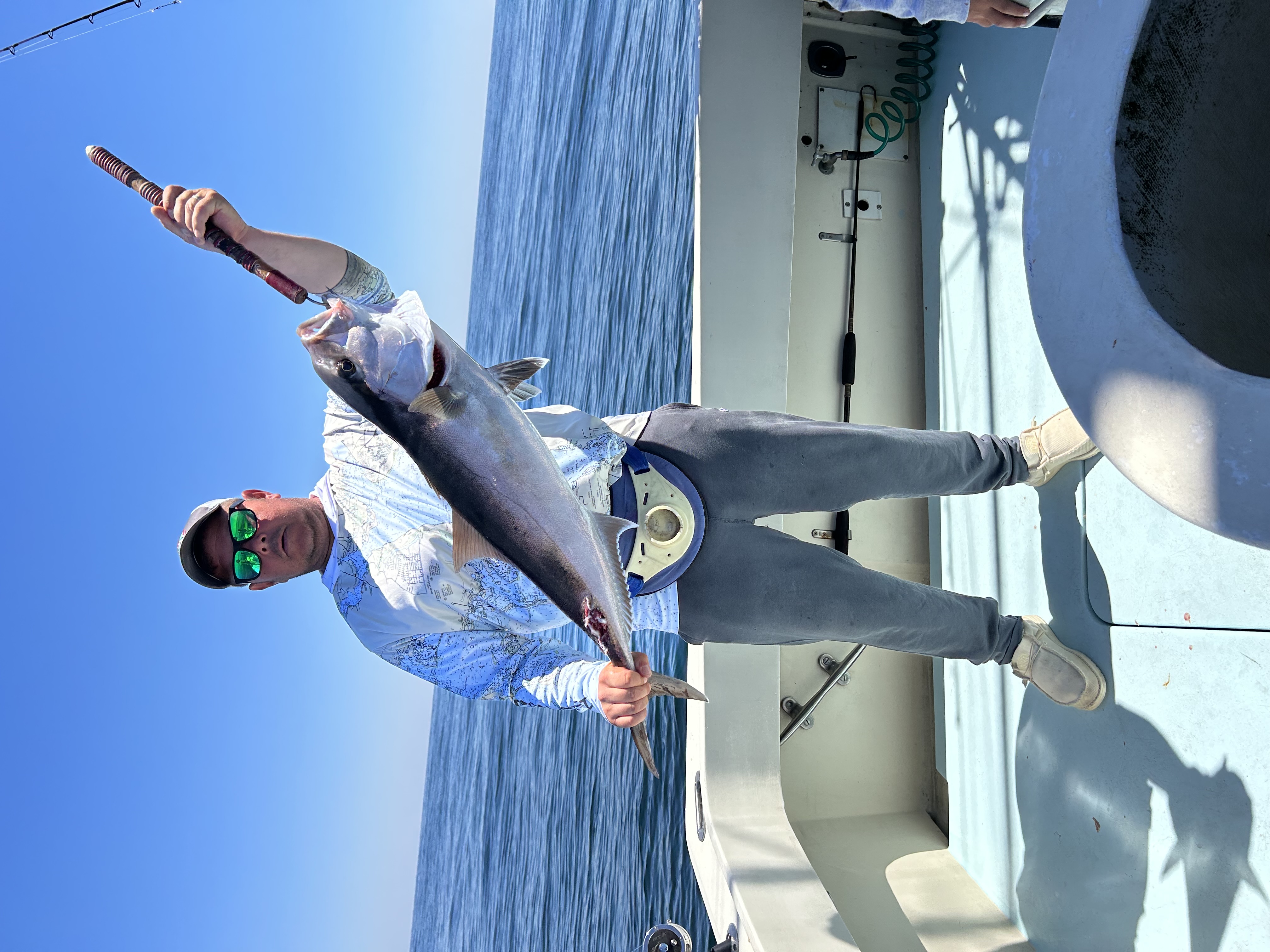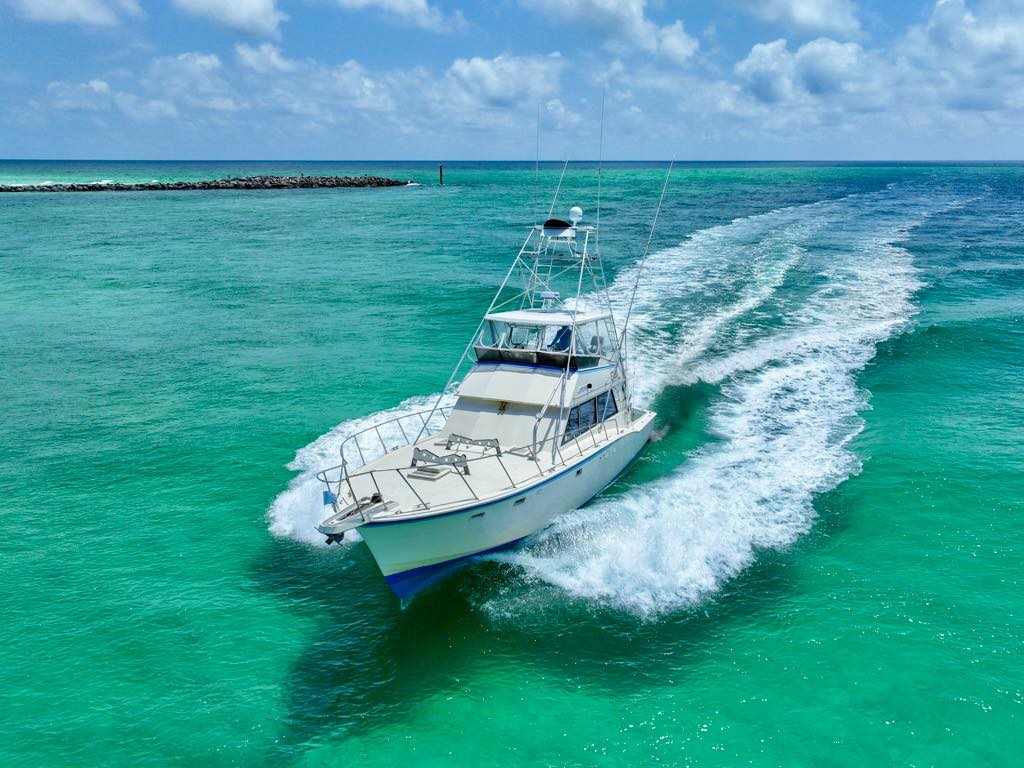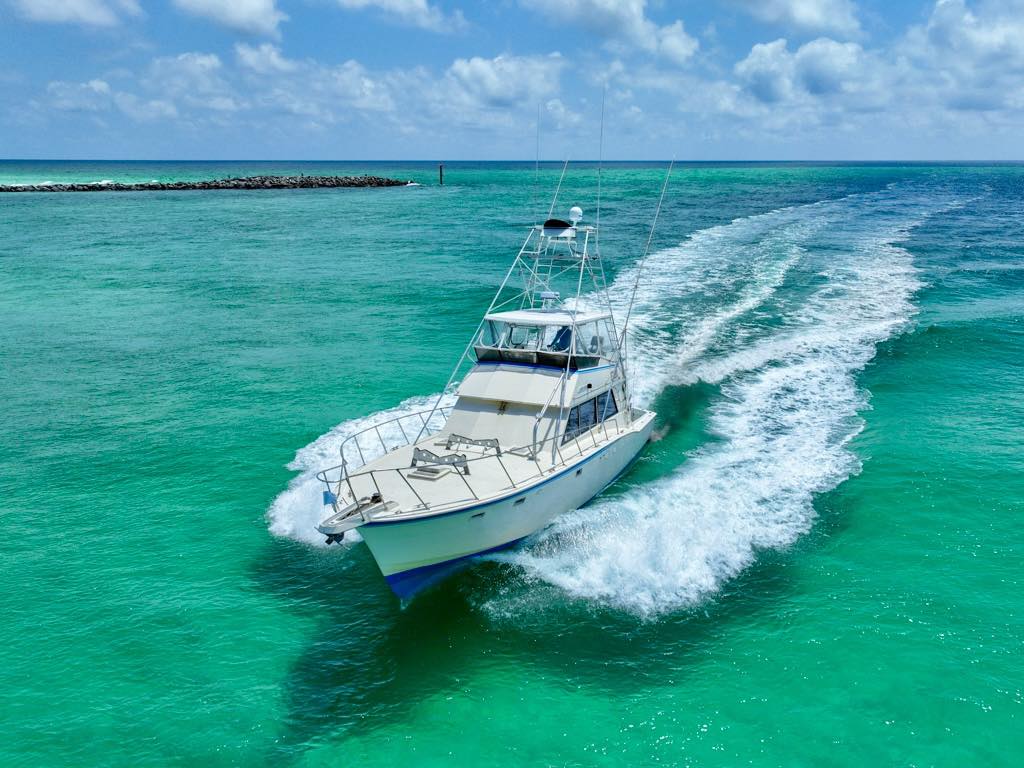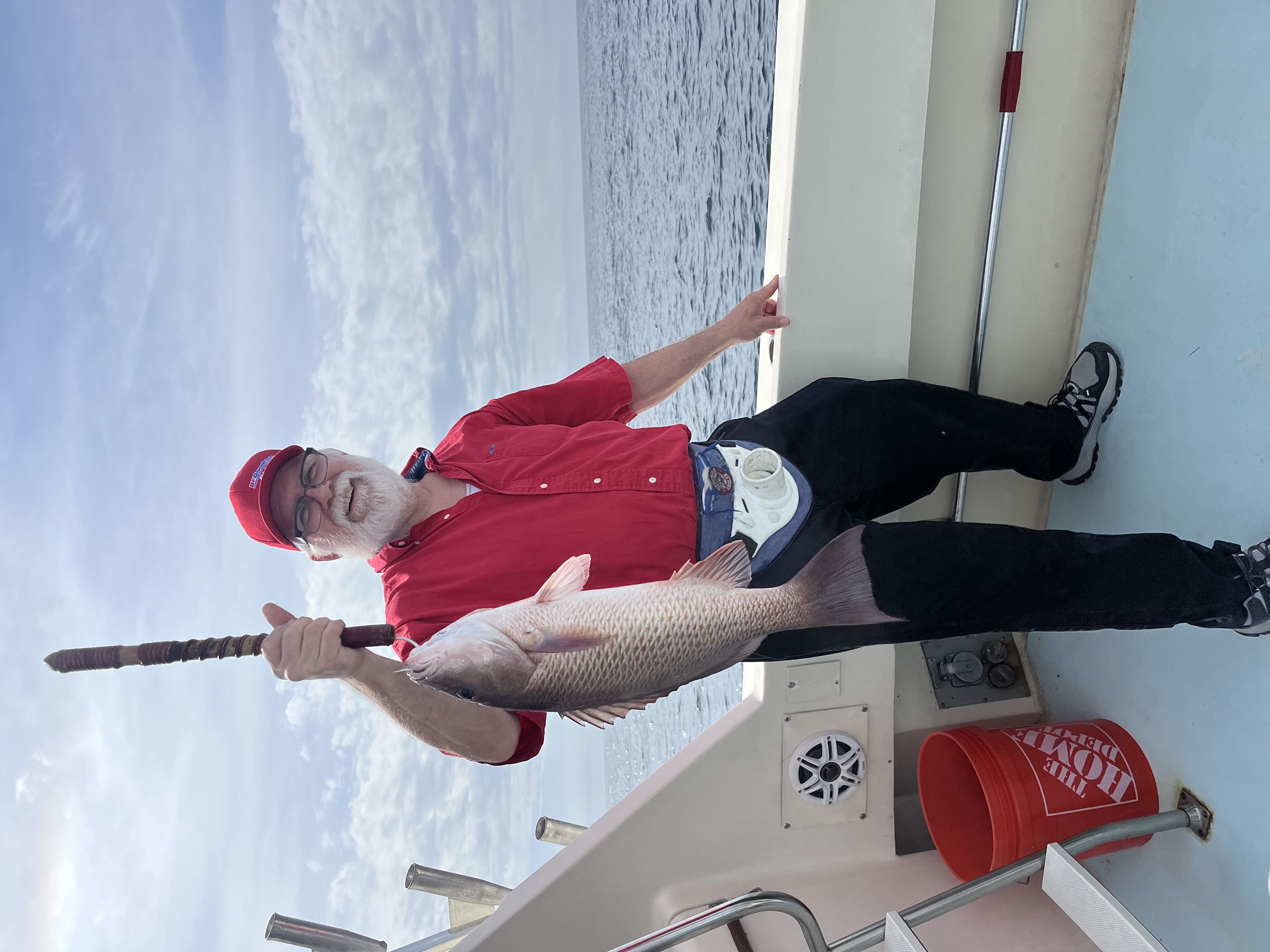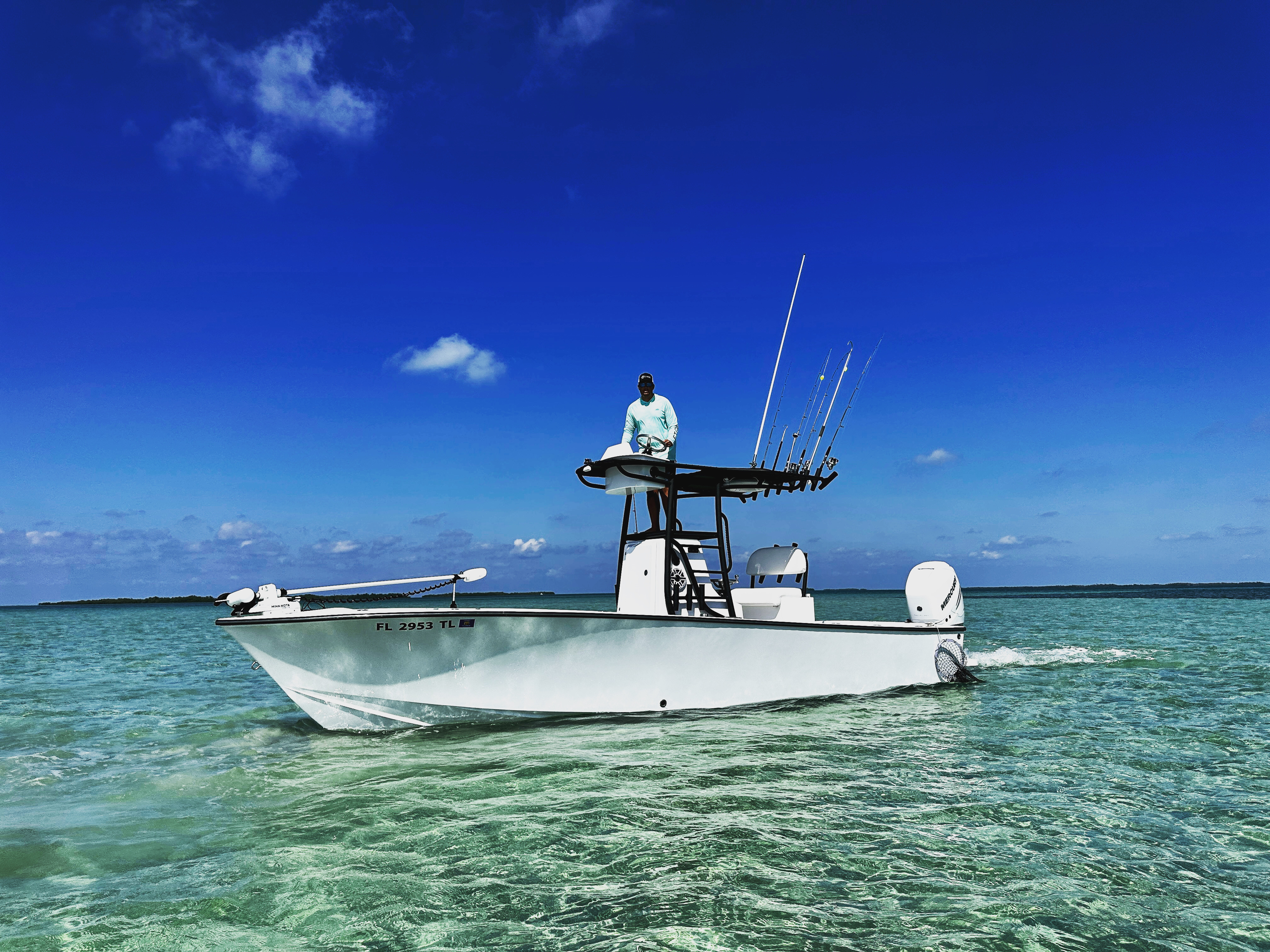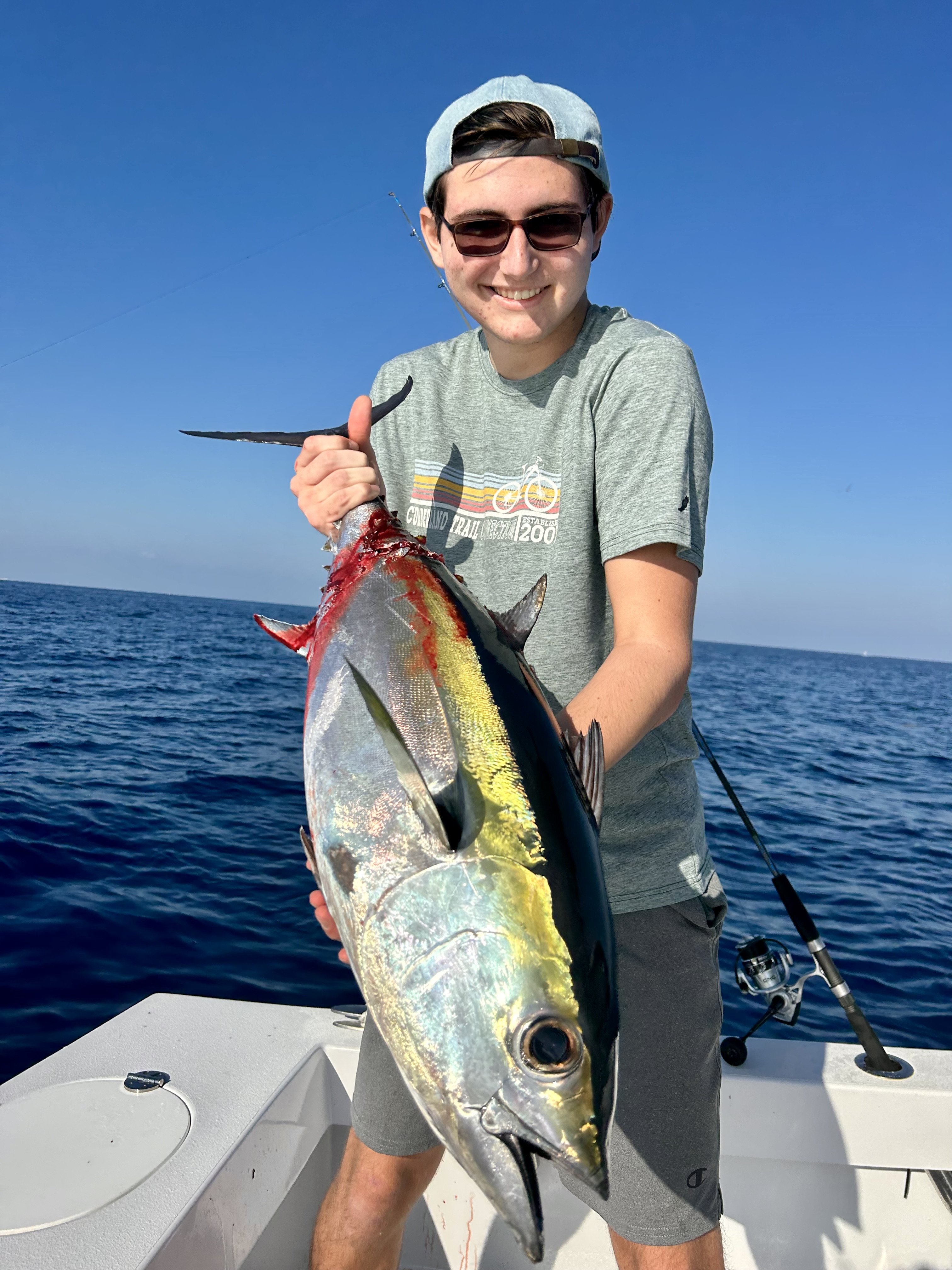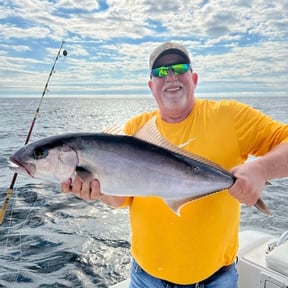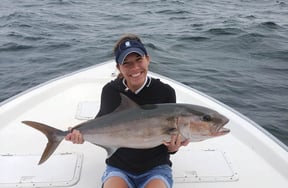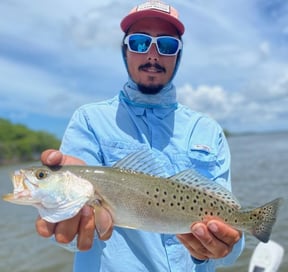Inshore, Deep Sea, Nearshore in Key West
Hidden Gems Of The Dry Tortugas
Deep Sea, Nearshore Fishing in Key West
Marquesas Key Fishing Adventure
Swordfish/Extreme Offshore Trolling
Deep Sea, Nearshore Fishing in Islamorada
Offshore Fishing Experience
Deep Sea, Nearshore, Jetty in Key West
Ultimate Action Fishing In Key West
Deep Sea, Nearshore Fishing in Destin
Federally Permitted 31’ Sportsman
Deep Sea, Nearshore Fishing in Orange Beach
Orange Beach Fish Fight
Full Day 8-12 Hours
Deep Sea, Nearshore Fishing in Destin
Half Day Adventure
Deep Sea, Nearshore Fishing in Key West
Full Day Private Fishing Charter
We started Captain Experiences to make it easy to book fishing and hunting guides around the world. With over 2,000 Damn Good Guides, our platform makes finding and booking a trip seamless. Head here to check out our trips.
What’s a Triggerfish?
Triggerfish are oval-shaped fish with large heads, small mouths, small eyes, buck teeth, and three dorsal spines that give this fish its name. The first two spines work together to create a unique locking mechanism that is used to hide from potential threats. When these fish feel threatened, they swim into a tight spot and pop up their spines to secure them in place. The first spine is locked in place by the second spine and as a result, the first spine can’t be depressed unless the second spine is pushed down.
Types of Triggerfish
Species of triggerfish can be found in tropical and subtropical water around the world and are popular among recreational anglers for their excellent meat qualities. These fish are also popular with divers because many species are brightly colored and ornate in appearance.
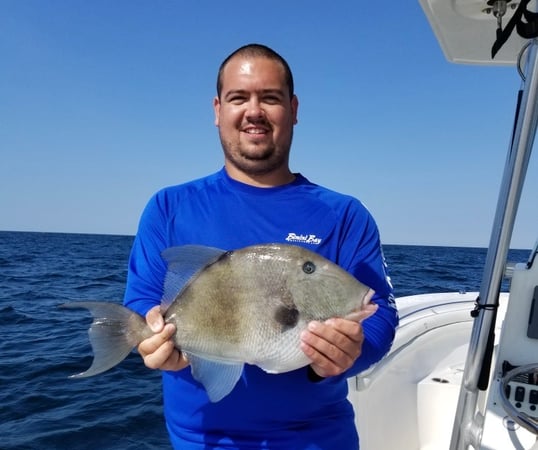
Fishing for Triggerfish
In the Atlantic Ocean, fishing for triggerfish is most popular in the Gulf of Mexico because of their abundance, but they can still be found from Maine to the Caribbean. The Indo-Pacific region is home to the highest diversity of triggerfish species in the world, which gives anglers plenty of options when they hit the water.
Fishing for triggerfish is usually done with a conventional rod and reel setup or with a spear. Spearfishing is usually limited by water clarity but using conventional gear requires anglers to use the proper tackle. Triggerfish have a small mouth which means small hooks are crucial to getting hooked up. Small jigs or bait rigs are two of the most popular and effective approaches for getting a bite from these unique fish.
Fishing for Gray Triggerfish
The most popular triggerfish species is the gray triggerfish, which is most abundant in the Gulf of Mexico, Atlantic Ocean, and the Caribbean. Gray triggerfish are a drab olive to gray color and grow to a maximum length of 28 inches and over 13 pounds. Typically these fish will stay fairly small, reaching a common length of 17 inches and weighing about five pounds.
Triggerfish will often form large schools and hang out near cover in nearshore or offshore waters. During warmer months, these fish will be found under floating beds of seaweed. When the temperatures drop, they head down to reefs, wrecks, and other hard-bottom habitats.
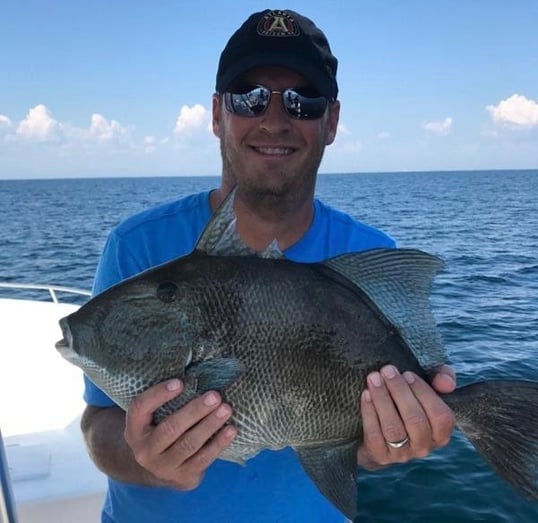
Triggerfish feed on crabs, mussels, sea urchins, and anything they can break with their teeth and fit in their mouths. The best bait for triggerfish is tiny pieces of cut bait made from squid, shrimp, or baitfish attached to tiny hooks.
A typical triggerfish rig is a small weight at the end of 15lb test line with three or more small hooks spaced out above it. This allows anglers to use spinning or baitcasting gear to cast their bait to the edge of floating cover where these aggressive fish will strike. The same rig with a heavier weight can be used to drop your bait down to a school of triggerfish in deeper waters.
Texas Triggerfish Limits and Season
In Texas, fishing opportunities for triggerfish are great across the coast with guides offering trips from Galveston to South Padre. Texas Parks and Wildlife have set a daily bag limit of 20 gray triggerfish per person, with a minimum length of 16 inches. Gray triggerfish have no closed season in Texas and can be caught year-round.
Alabama Triggerfish Limits and Season
Alabama’s abundance of reefs is ideal for triggerfish and is a key reason they thrive here. There are plenty of guides that can put you on these fish but with a bag limit of one fish per person per day fishing for triggerfish is usually only part of the trip. The 2022 Alabama triggerfish season opened on March 1st and the minimum length for harvest is 15 inches at the fork.
Florida Triggerfish Limits and Season
With a variety of environments holding these delicious fish, Florida is one of the most popular places to target triggerfish. The 2022 Florida Triggerfish season opened on the Gulf coast on March 1st with a daily bag limit of one fish per person and a minimum fork length of 15 inches. On the Atlantic side of Florida, gray triggerfish are open to harvest year-round with a daily bag limit of 10 fish per person and a minimum fork length of 12 inches. If you're looking to take a trip targeting these fish, you can book a trip with the top triggerfish guides in FL here.
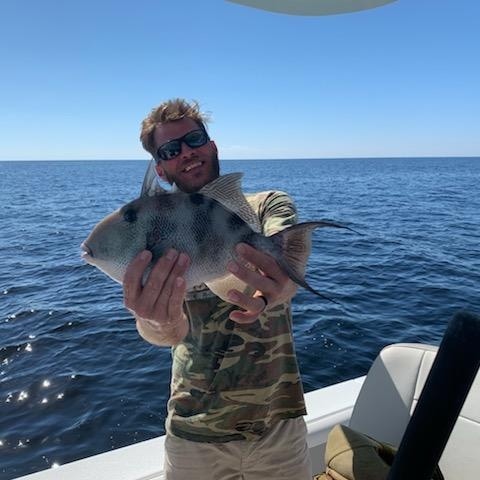
Hawaii Triggerfish Regulations
A variety of triggerfish species live in these vibrant waters along the reefs and other rocky structures. If the water is clear spearfishing is a great option for harvesting these delicious fish but using a rod and reel is also effective. Triggerfish often feel safe in schools and will allow divers to get within striking distance with a pole spear or speargun. Triggerfish aren’t regulated by the state of Hawaii, which means anglers can harvest them year-round with no minimum length or bag limit.
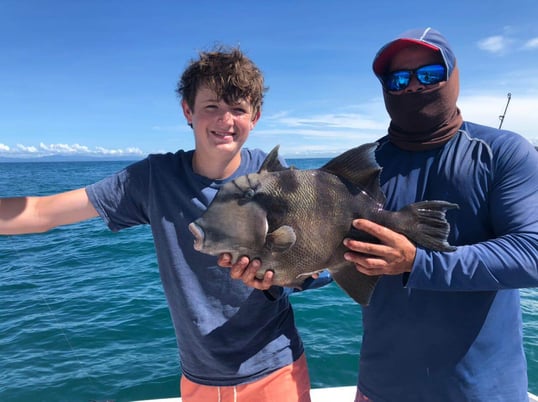
Eating Triggerfish
How does triggerfish taste? Triggerfish make excellent table fare with light white meat that is delicious when cooked or eaten raw. While these fish are tasty there are a few things to watch out for. Out of the 40 species of triggerfish, the clown triggerfish is the only one that is considered unsafe to eat. Also because larger and older fish are susceptible to bacteria and parasites triggerfish over five pounds should be avoided. The most obvious potential hazards are their spines and teeth which can be very sharp and inflict damage if you’re not careful.
Outside of these easily avoidable dangers triggerfish are tasty but the trick is getting the fillets off of the fish. Gray triggerfish have thick tough skin and the best way to harvest the fillets is by sticking the point of your knife through the skin and then working from the inside out.
Joey Butrus
Updated on June 22, 2023

July 1, 2024
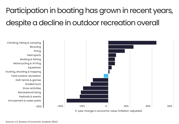
June 28, 2023
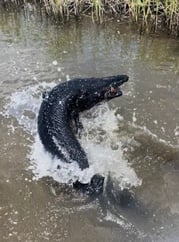
June 22, 2022

August 21, 2023

April 26, 2022
Related Articles
September 26, 2022
December 6, 2021
October 8, 2022
Featured Locations
- Fishing Charters Near Me
- Austin Fishing Guides
- Biloxi Fishing Charters
- Bradenton Fishing Charters
- Cabo San Lucas Fishing Charters
- Cancun Fishing Charters
- Cape Coral Fishing Charters
- Charleston Fishing Charters
- Clearwater Fishing Charters
- Corpus Christi Fishing Charters
- Crystal River Fishing Charters
- Dauphin Island Fishing Charters
- Daytona Beach Fishing Charters
- Destin Fishing Charters
- Fort Lauderdale Fishing Charters
- Fort Myers Fishing Charters
- Fort Walton Beach Fishing Charters
- Galveston Fishing Charters
- Gulf Shores Fishing Charters
- Hatteras Fishing Charters
- Hilton Head Fishing Charters
- Islamorada Fishing Charters
- Jacksonville Fishing Charters
- Jupiter Fishing Charters
- Key Largo Fishing Charters
- Key West Fishing Charters
- Kona Fishing Charters
- Lakeside Marblehead Fishing Charters
- Marathon Fishing Charters
- Marco Island Fishing Charters
- Miami Fishing Charters
- Montauk Fishing Charters
- Morehead City Fishing Charters
- Naples Fishing Charters
- New Orleans Fishing Charters
- New Smyrna Beach Fishing Charters
- Ocean City Fishing Charters
- Orange Beach Fishing Charters
- Panama City Beach Fishing Charters
- Pensacola Fishing Charters
- Pompano Beach Fishing Charters
- Port Aransas Fishing Charters
- Port Orange Fishing Charters
- Rockport Fishing Charters
- San Diego Fishing Charters
- San Juan Fishing Charters
- Sarasota Fishing Charters
- South Padre Island Fishing Charters
- St. Augustine Fishing Charters
- St. Petersburg Fishing Charters
- Tampa Fishing Charters
- Tarpon Springs Fishing Charters
- Venice Fishing Charters
- Virginia Beach Fishing Charters
- West Palm Beach Fishing Charters
- Wilmington Fishing Charters
- Wrightsville Beach Fishing Charters

